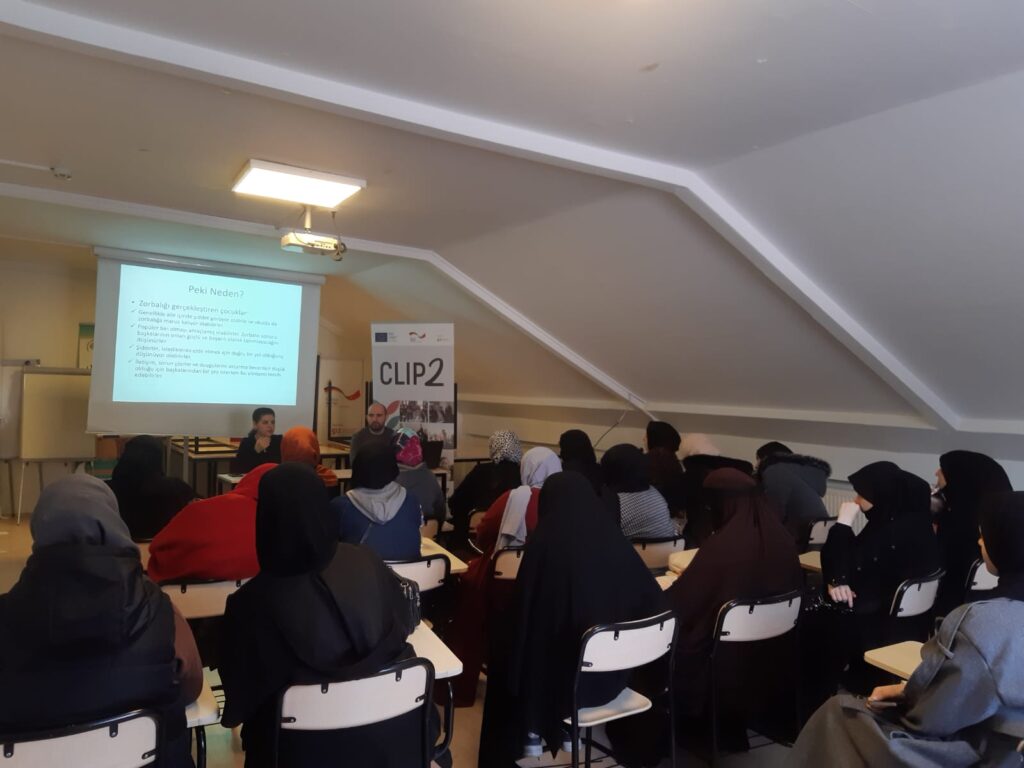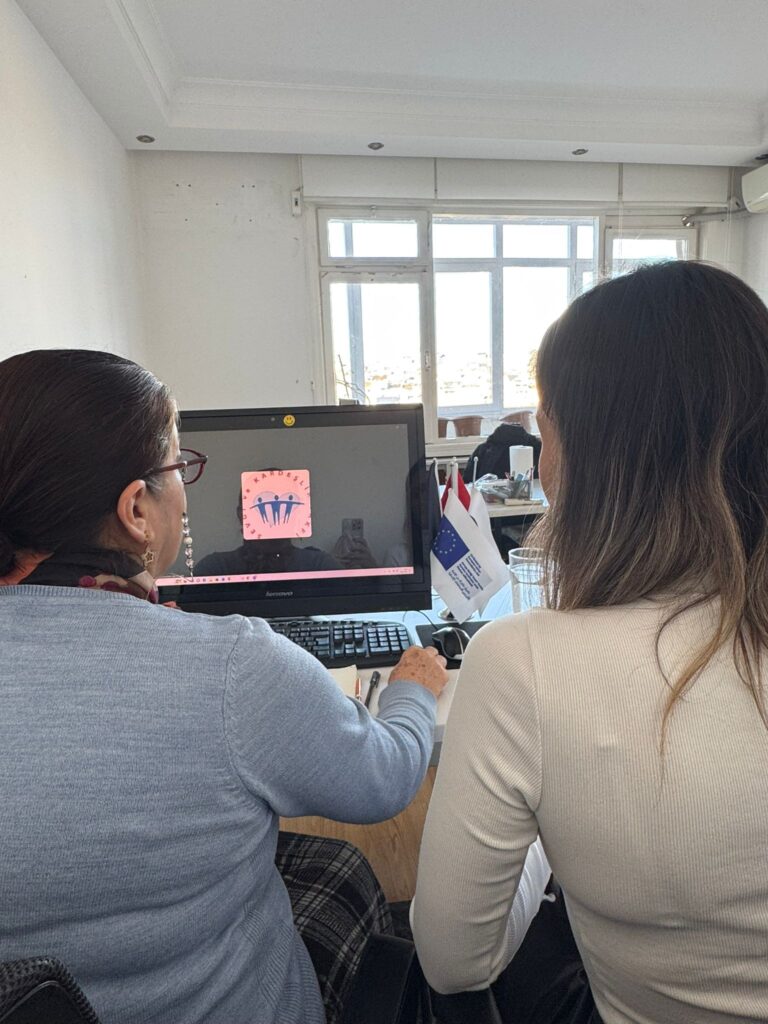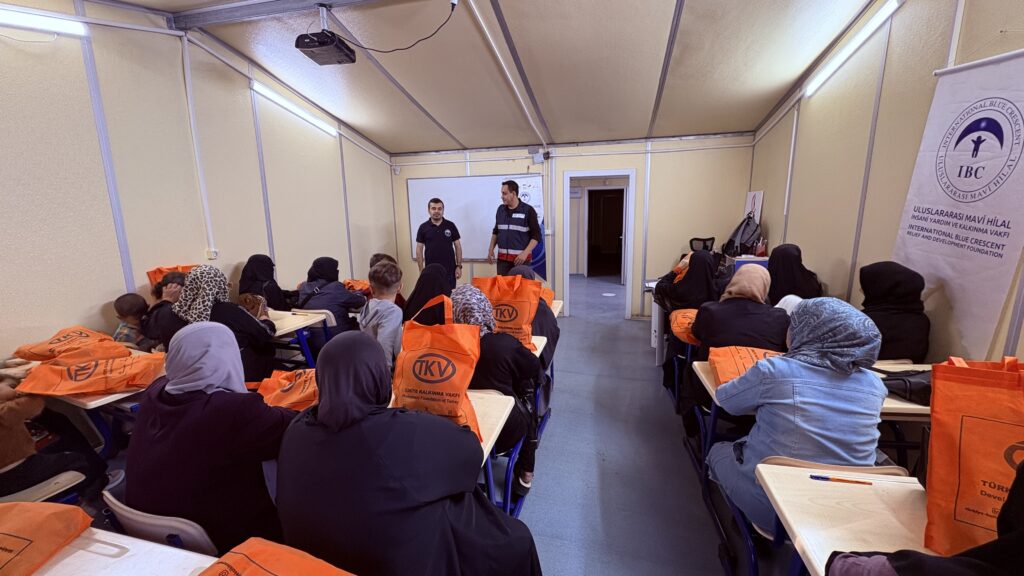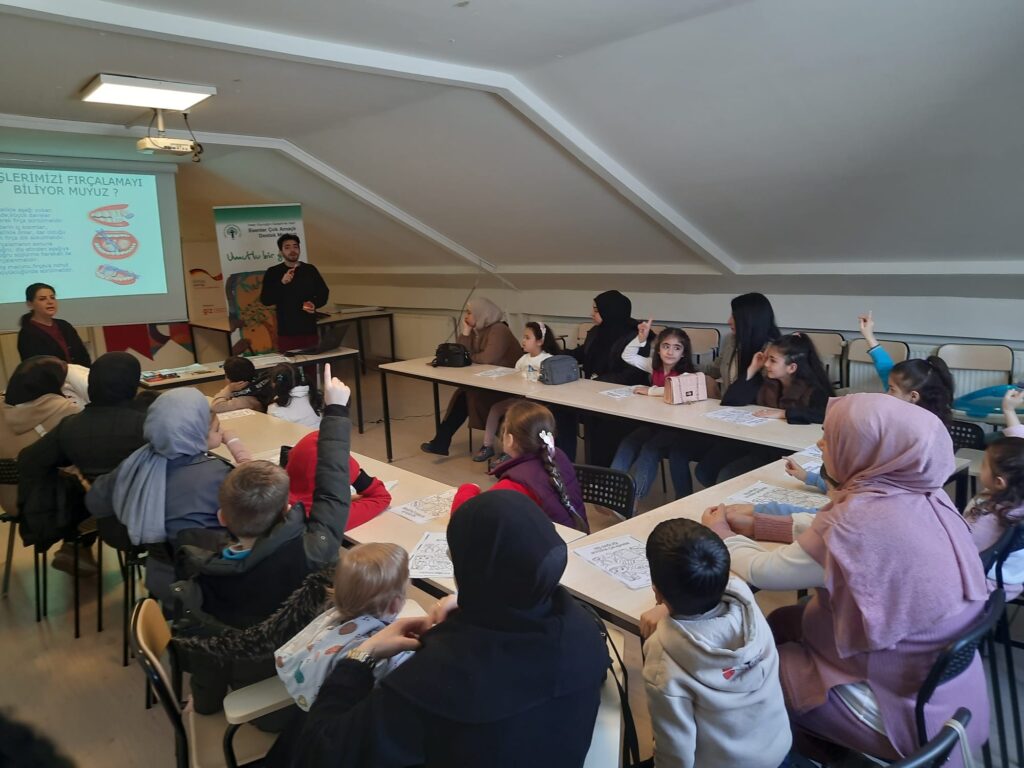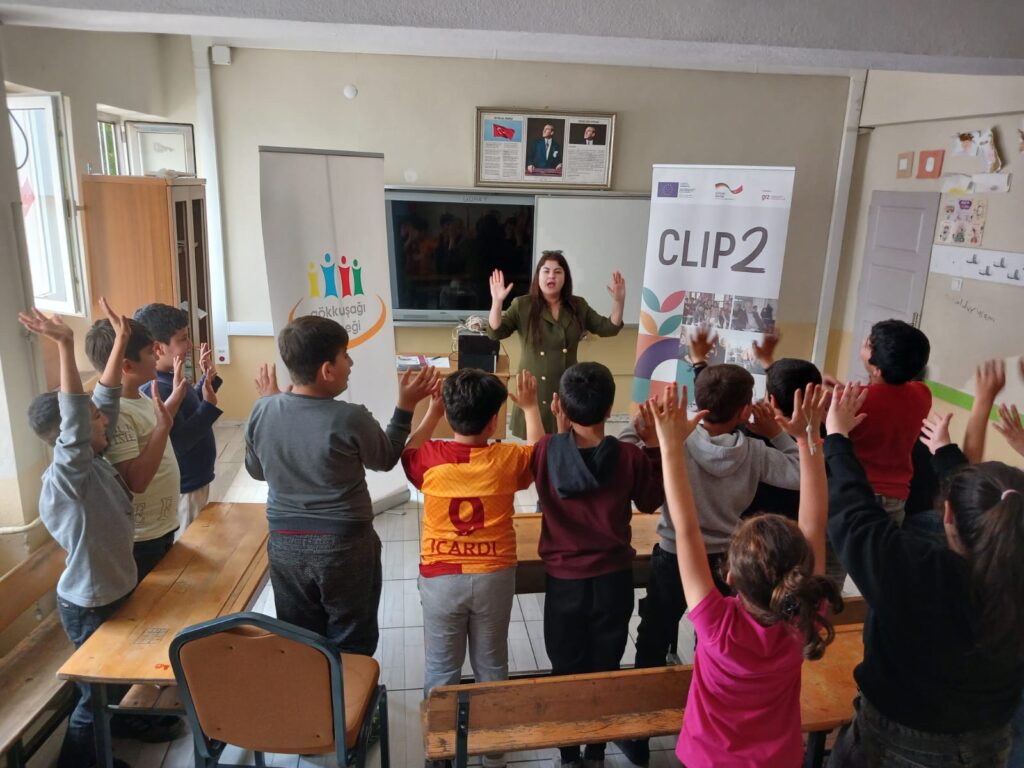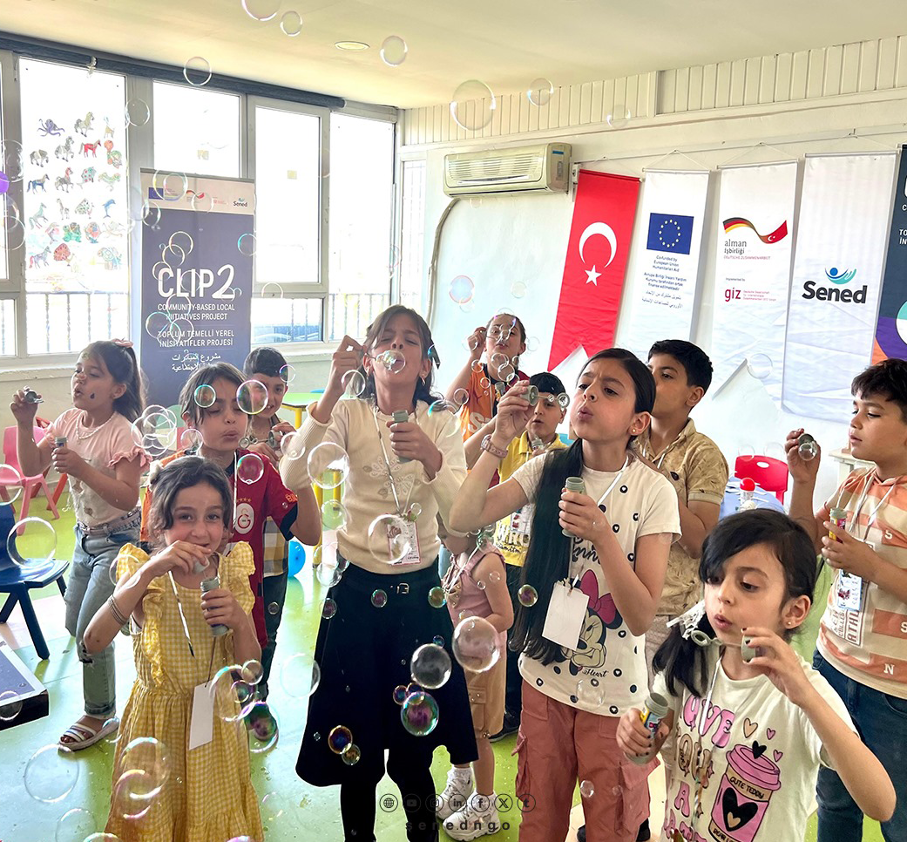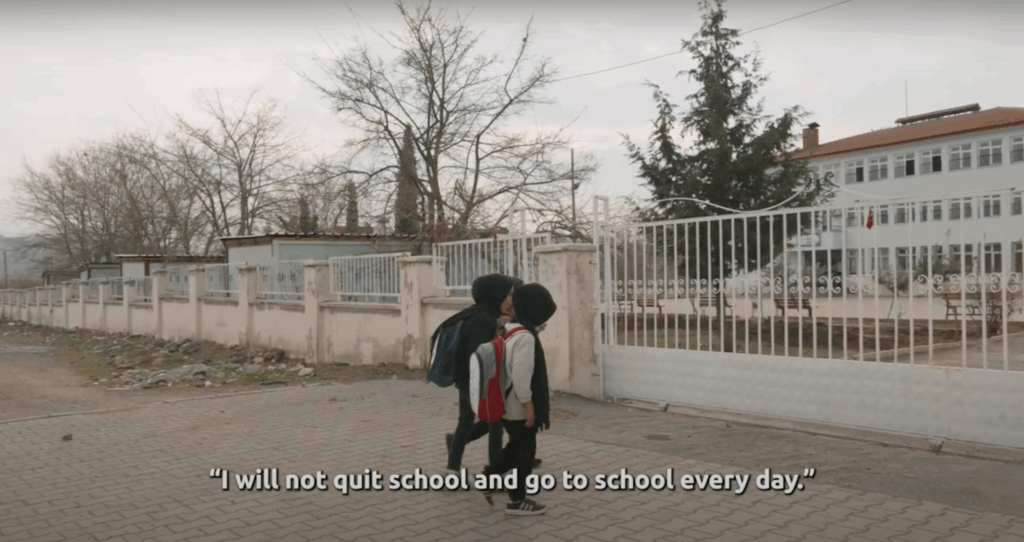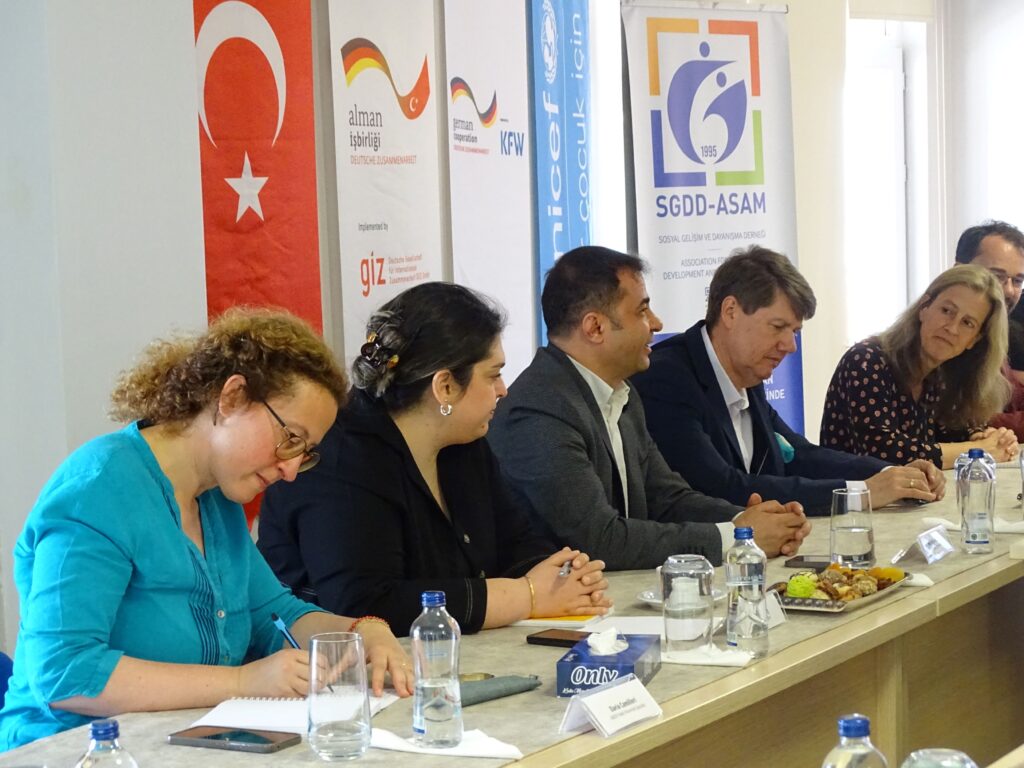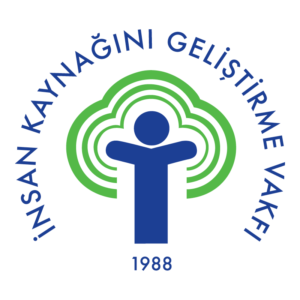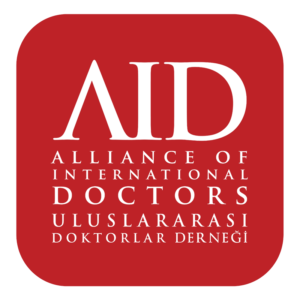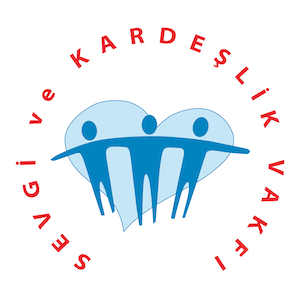
Sevgi ve Kardeşlik Vakfı (SEVKAR) is a humanitarian organisation specialised in providing services to refugees and asylum seekers. SEVKAR works with the goal of supporting disadvantaged social groups as well as victims of natural disasters, wars and other social disasters and responds to poverty and social challenges. While the foundation strives to help all those in need of assistance without discrimination, its efforts are currently primarily focused on refugees. SEVKAR provides counselling and legal support services on health, education, vocational education, social and economic support as well as access to these services. SEVKAR works to mitigate poverty, to create safe living spaces in line with its social development, improvement, peace, progress and sustainable development approach and to contribute to the improvement of the quality of life of the disadvantaged groups. Refugees and migrants in Türkiye who are in need are among SEVKAR’s main target groups. Refugees and migrants are actively and regularly provided with services in five languages (Turkish, Arabic, Persian, French and English) as well as other languages when needed. Refugee and migrant services aim to support and empower vulnerable refugees by prioritising the most vulnerable among children, elderly, PwD, women and LGBTIQ+ individuals.



